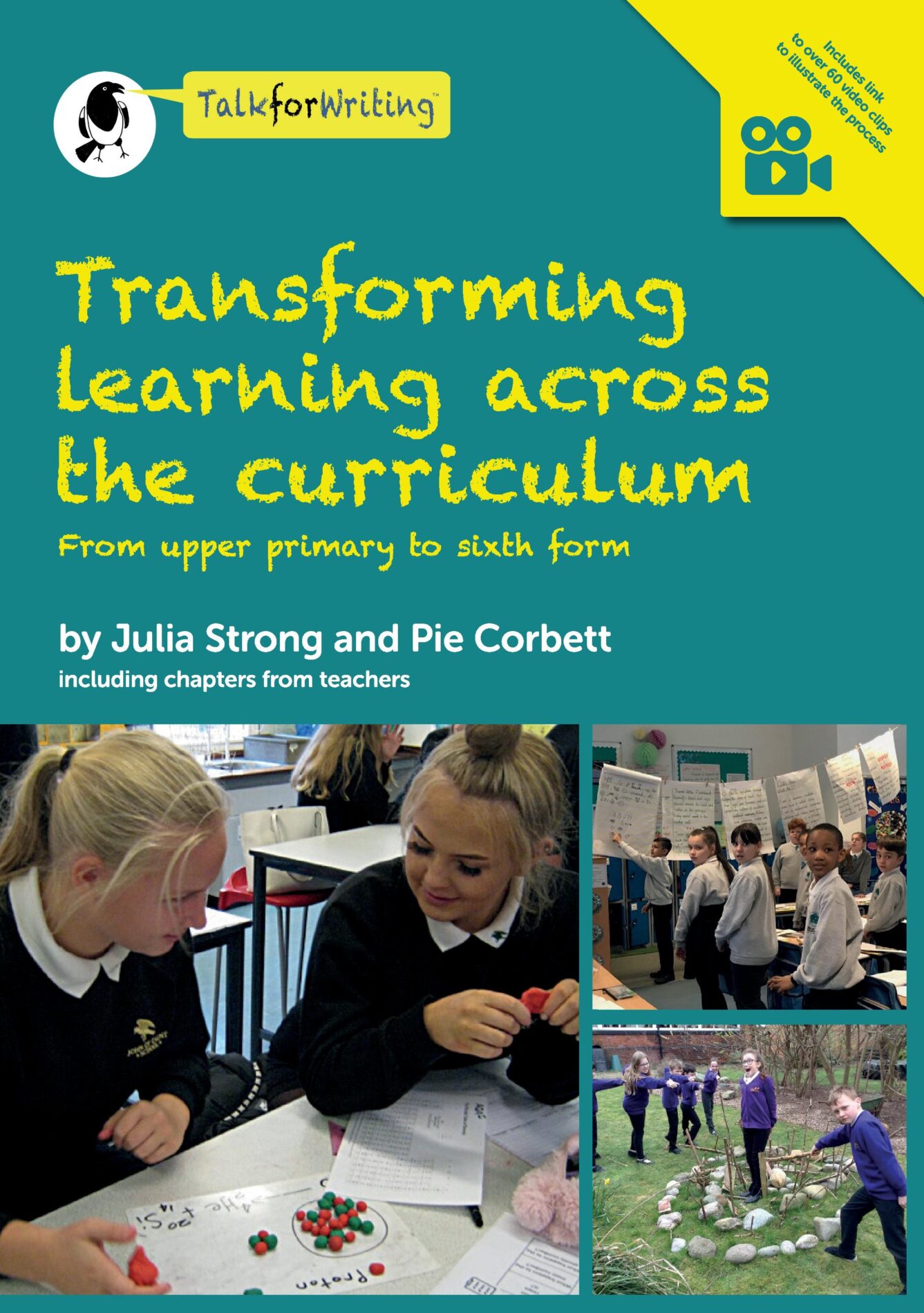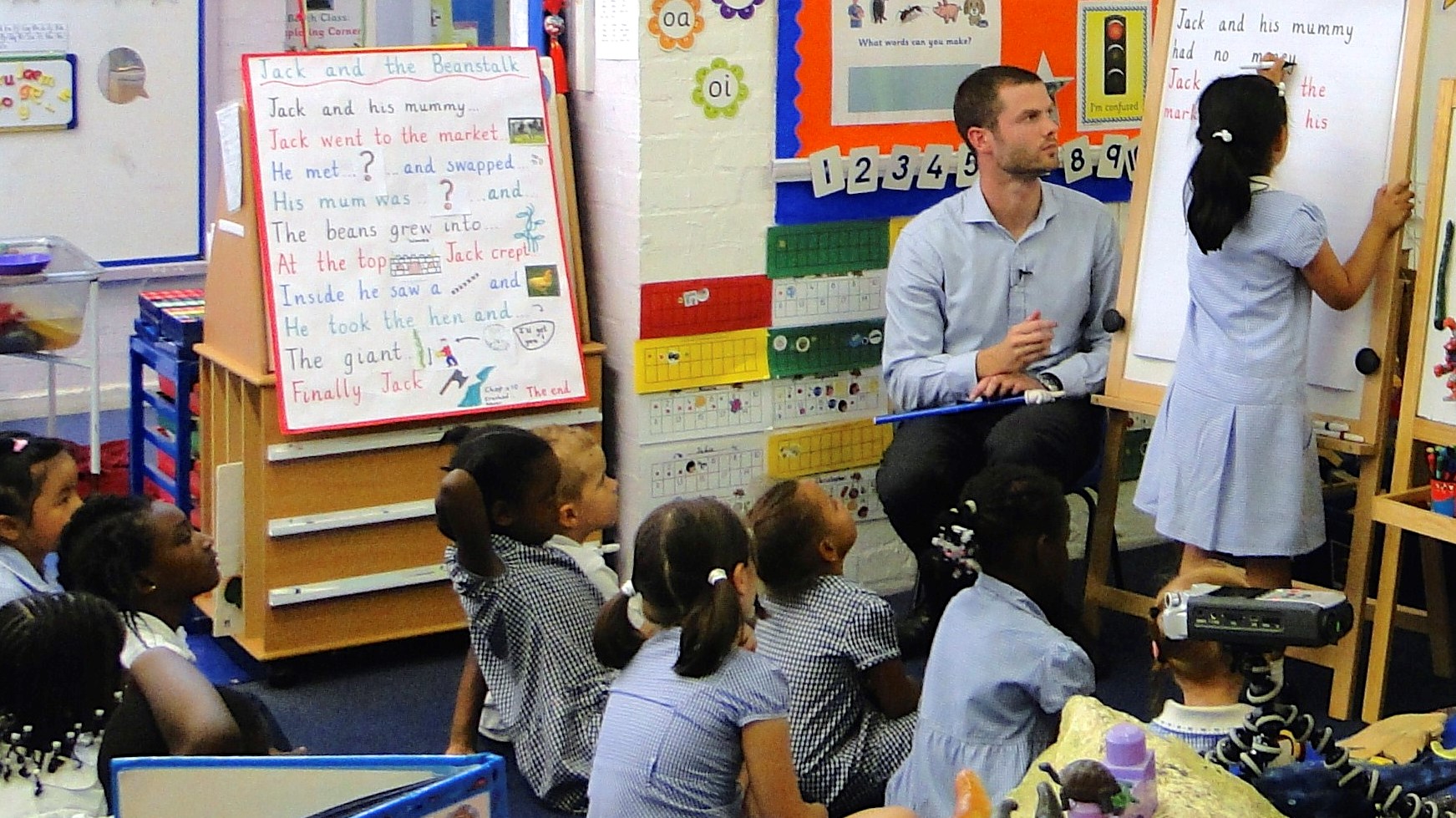
It is powerful because it is based on the principles of. Below you will find some Talk for Writing units that have been specifically written for different year groups but more will be added at a later date so that you can see what and how your children are learning in order to become confident writers. Talk for Writing is an engaging teaching framework developed by Pie Corbett, supported by Julia Strong. It makes extensive use of classroom talk to help children become familiar. That is a very simple explanation of the talk for writing process and the process leading to an end piece of writing is detailed and tailored to the children. Talk for Writing (T4W) is a curriculum programme for raising standards of writing.

Invention- During the invention week the children plan and write their own story based on the text type they have been learning. Innovation- during this phase the teacher and the children begin to change aspects of the model text using their own ideas, eg they will change the setting for the story or change the character. Developed by the English educational writer and.
#Talk for writing series
Imitation- during this phase the children learn a model text using actions and story maps. I recently attended a series of workshops on Talk for Writing, a strategy for teaching children to write. If you are new to Talk for Writing or are looking to introduce the approach to someone else, it might be beneficial to check the overview resources for a more edited collection. This scheme has 3 key phases which the children work through in order to become confident in writing in a range of styles. The Talk for Writing process resources The following resources have been selected to explain the various elements of the Talk for Writing process.




 0 kommentar(er)
0 kommentar(er)
